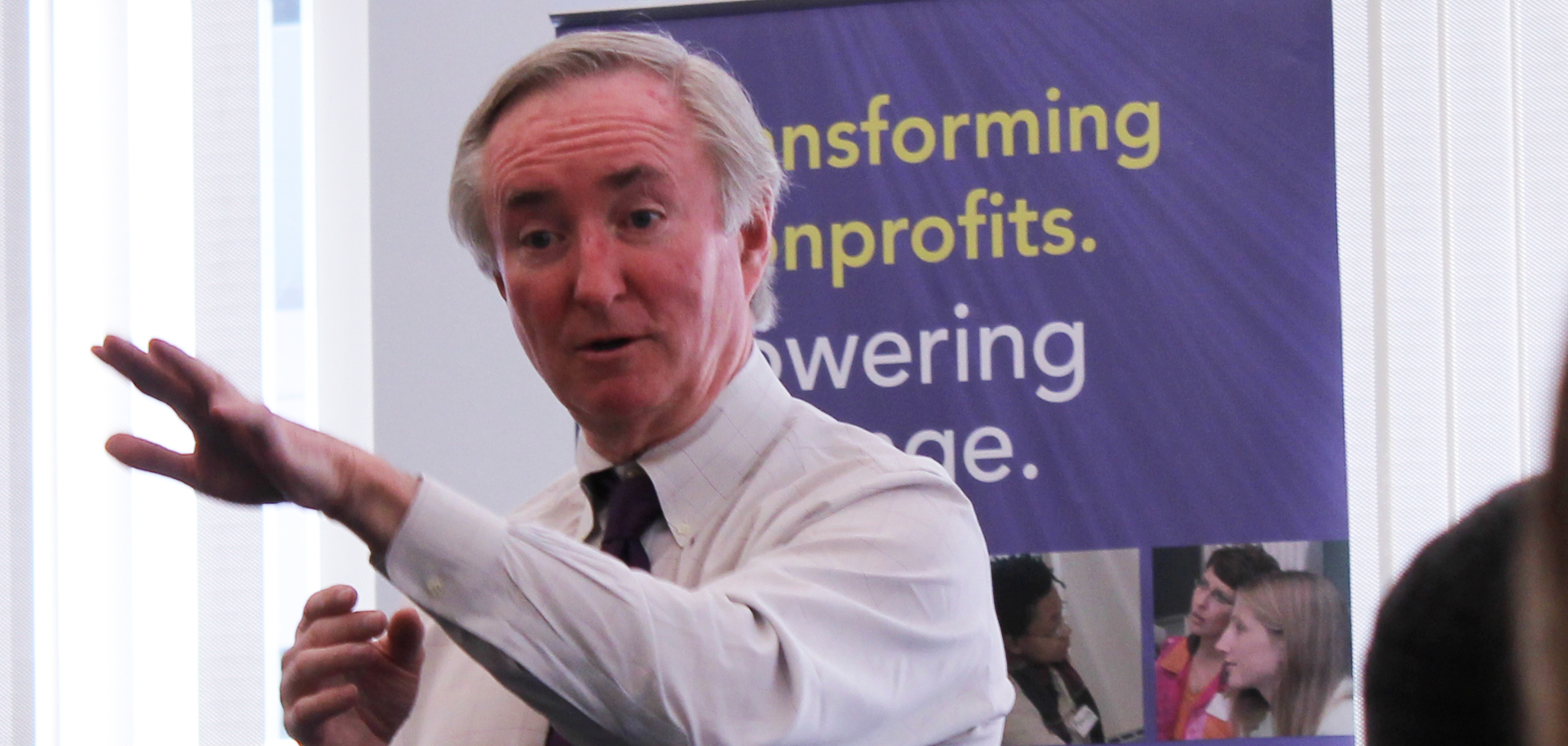When Dr. James O’Connell arrived at the Pine Street Inn for the first time in 1985, it was barely two days after he finished his residency at Massachusetts General Hospital. After four years in medical school and three years of residency, Dr. O’Connell thought his training was over, but he quickly learned, it was just the beginning.
Now in his new book, Stories from the Shadows: Reflections of a Street Doctor, Dr. O’Connell shares his collection of stories that illustrates an incredible journey spanning three decades, during which he created the Boston Health Care for the Homeless Program, one of the nation’s leading health care programs for homeless men, women and children, and illuminated the humanity, the courage and the complexity of people who struggle to survive on the streets.
Excerpt from Stories from the Shadows:
I dutifully soaked feet for almost two months while observing devoted nurses such as Bob Johansen, Betsy Kendrick, Sheila Healey, Randy Bailey, Mary Hennessey, and so many others, work their magic among weary but grateful pilgrims. In keeping with the obvious biblical allusion, the footsoak inverts the usual power structure and places the caregiver at the feet of each patient and far from the head. This gesture of respect for the literal and figurative personal space of each homeless person is critical and a marked contrast to how I was taught to take charge during clinical encounters, invading privacy each time I placed a stethoscope on the chest, peered at a retina, or examined a throat. After wandering the city for hours, suffering exposure to the extremes of weather, and then standing in a series of queues awaiting entrance to the shelter, a bed ticket, and the evening meal, homeless persons relished the chance to sit and rest while someone cleansed and soothed their feet.
Each story is different: from the stories of the nurses who taught him how to soak feet, to drug addicts able to regain their lives and their dignity after nearly dying, and to homeless people able to accept help for the first time and enter a residential care facility. Through his encounters, another layer of life on the streets is peeled back and what emerges is the humanity and perseverance of people struggling against unbelievable adversity and hardship in their lives.
“We work so far downstream, by the time we see people they have already lost everything and experienced a great deal of emotional and physical trauma usually from very early stages in their lives,” said Dr. O’Connell during his recent visit to the NonProfit Center. “But remarkably when we encounter people they all want the same thing, a little bit of dignity in their lives—a bed, a hot shower, a meal are their primary concerns.”
Today, Boston Health Care for the Homeless Program cares for over 13,000 homeless people every year. Among them are adults from all walks of life, families, and the elderly. They are the people who stay in emergency shelters or motel rooms, eat in soup kitchens, or visit drop-in centers. They are also the men and women who find themselves on the streets trying to survive in makeshift shelters under bridges, down alleyways, and behind city buildings.
“We continue to see a slow and steady increase in the numbers of homeless people in the city of Boston,” said Dr. O’Connell. “There are many ideas for solutions to caring for our homeless population, but we haven’t been able to pull all these resources together in a way that is sustainable and at scale. We need to remain active and tolerant in our public attitudes toward the care of the homeless and resist the compassion fatigue that can come with these seemingly intractable and chronic social problems.”
Purchase a copy of Stories from the Shadows: Reflections of a Street Doctor.
Learn more about Boston Health Care for the Homeless Program.
Hear an interview with Dr. O’Connell on NPR’s Fresh Air.
